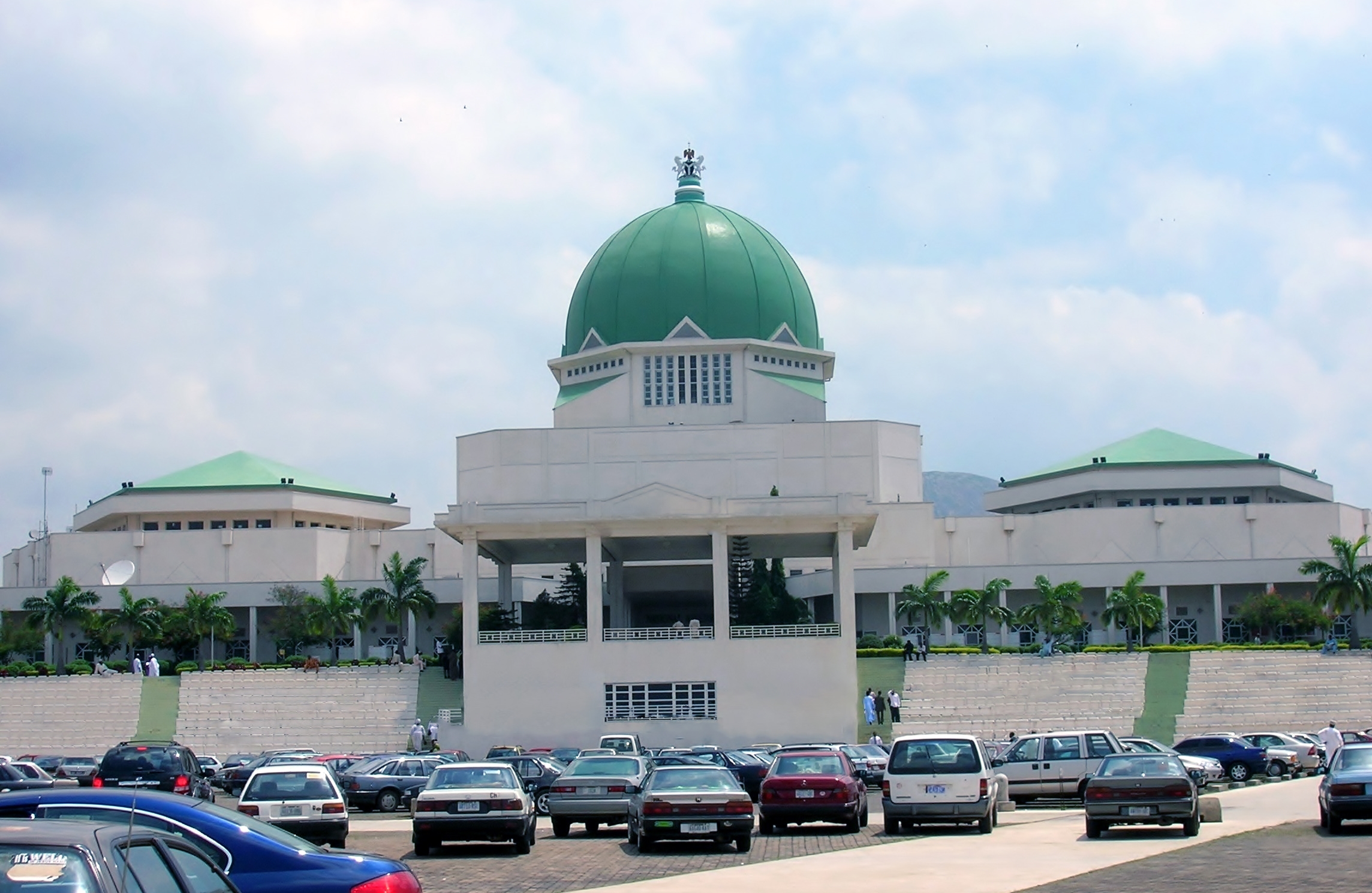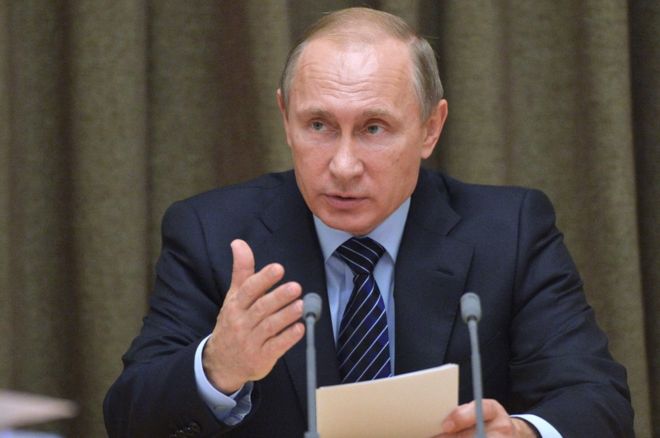Defence, Health Ministries Get Lion’s Share As N’Assembly Passes 2023 Budget
The National Assembly on Wednesday increased the 2023 budget proposal from N20.51tn to N21.82tn and passed it.
President Muhammadu Buhari, had on October 7, 2022, presented a budget proposal of N20.51tn to the parliament with a deficit of N10.782tn.
The Appropriations Committees of both the Senate and House of Representatives said the N1.3tn increase in the budget size was due to the additional funding earmarked for the National Population Commission ahead of the planned 2023 census as well as the N173bn appropriated for the Independent National Electoral Commission, ahead of the 2023 general elections.
The Nigerian Army, Navy, Nigeria Police Force, and ministries of Agriculture, Health, Aviation, and Science & Technology also got reasonable increases.
National Assembly also increased the oil price benchmark proposed for the budget from $70 per barrel to $75 per barrel.
The parliament, however, retained other parameters as earlier proposed by the President like 1.69 million barrels of oil production per day, N435.57 to a US dollar; 3.75 per cent GDP growth rate and 17.16 per cent inflation rate.
Making a presentation of the report in the Senate, the Chairman of the Appropriations Committee, Senator Barau Jibrin ( APC Kano North), said out of the N21.827tn budget size, N967.486bn was meant for statutory transfer, N8.329tn for non- debt recurrent cost, N5.972tn for capital expenditure, and N6.557tn for debt servicing.
Under the N967.48bn statutory transfers, the National Assembly Office has N30.492bn; the Senate got N33.267bn; the House of Representatives, N51.994bn; National Assembly Service Commission, N10.555bn; legislative aides, N16.520bn; general services N11.307bn; National Institute for Legislative and Democratic Studies, N7.411bn.
Others are: N30.173bn for severance / inauguration of outgoing and incoming 9th and 10th Assembly legislators; N10bn for construction of NASC building; N2.5bn for completion of NILDS headquarters etc.
Outside the National Assembly, N165bn is earmarked for National Judicial Council, N119.9bn for Niger Delta Development Commission and N103bn for Universal Basic Education.
Out of the N5.972tn proposed capital expenditure, the Ministry of Works and Housing has the lion’s vote of N398.275bn, followed by the Ministry of Defence with N285.045bn, Ministry of Agriculture and Rural Development, N248.358bi, Ministry of Education, N153.735bn.
Others are the Ministry of Health, N134.909bn, Federal Ministry of Science and Technology, N132.572bn; Ministry of Finance, Budget and National Planning, N166 747bn; Office of the National Security Adviser N70.331bn; Presidency, N20.115bn; Ministry of Interior N45.622bn; Federal Ministry of Water Resources N83.256bn etc .
After the passage of the budget the Senate president, Ahmad Lawan, urged President Muhammadu Buhari to assent to it before the year runs out in sustaining the January to December budget cycle implementation.
Meanwhile, the Senate on Wednesday approved an N819.54bn supplementary budget requested by the Buhari regime. .
According to the president, the supplementary budget is meant to help fix infrastructure destroyed by flooding across the country.
Buhari had through an executive communication last week, sought the approval of the National Assembly for the N819.54bn supplementary budget.
The senate accordingly gave the request expeditious consideration and passage by making it pass the required legislative processes within 30 minutes.
In his remarks, Lawan said the extension would provide the required time for implementation of the N819.5bn 2022 supplementary budget raised by the President.
However, Senator Muhammad Ndume (APC Borno South), during a brief debate on the request, said it was impossible for the supplementary budget to be implemented before March 2023.





